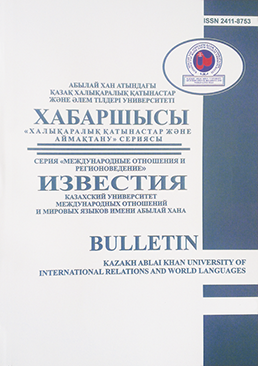MEMORY POLITICS IN THE POST-SOVIET COUNTRIES: RESEARCH APPROACHES AND FEATURES
DOI:
https://doi.org/10.48371/ISMO.2020.23.42.4.009Keywords:
memory politics, post-Soviet space, identity, historiography, nationality, historical memoryAbstract
The article considers the approaches that allow us to identify the features of memory politics in the state, which is the subject of special political research. Using the example of memory poitics in post-Soviet countries, the main stages of memory politics after the collapse of the USSR are considered, and the main features of historical memory and problems of memory policy in these countries are distinguished. The collapse of the USSR left behind a "historical disunity", overcoming this disunity implies a new approach to the implementation of the memory politics.
Today, in the era of globalization, when the boundaries of identity are erased, and in the era of the "struggle for identity", the policy of memory plays an important role in creating a certain model of national identity, as it seems, for each state. It includes socio-political, historical-symbolic, and media-technological resources, and this is an important direction in the preservation of identity.








